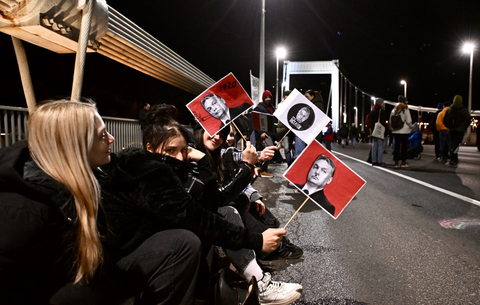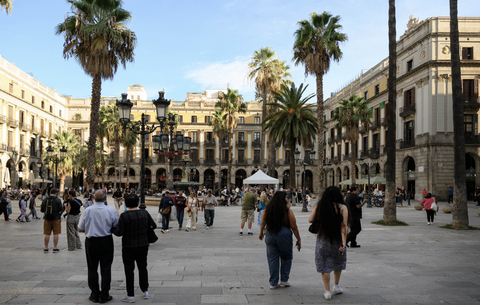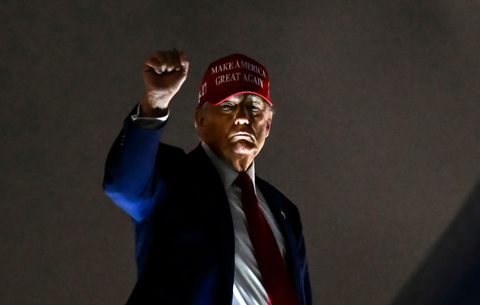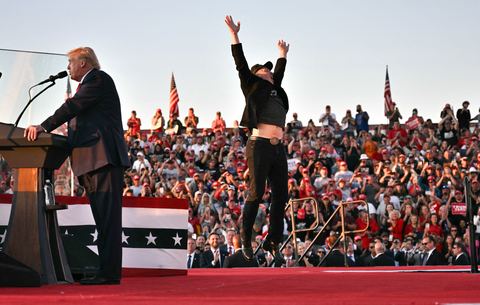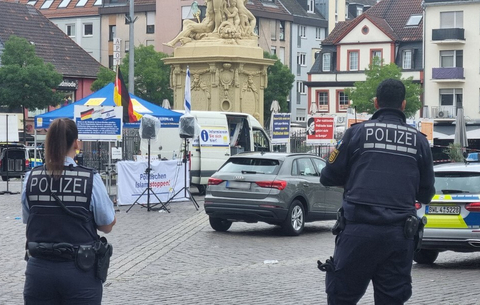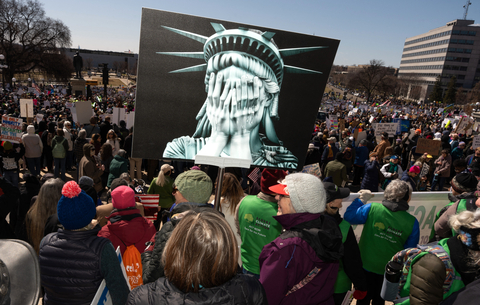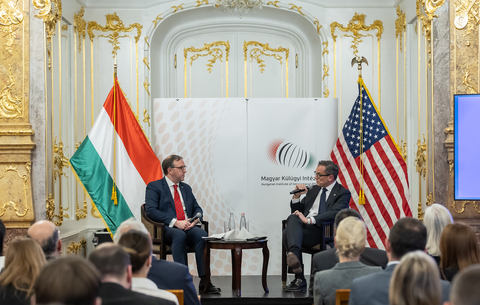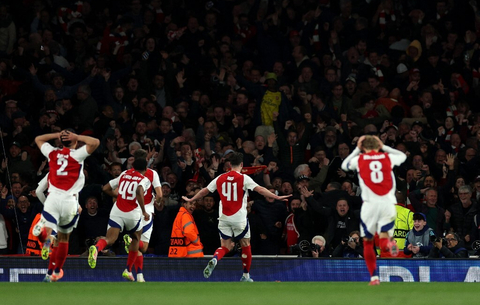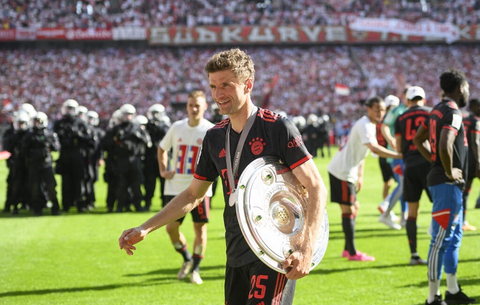Helsinki Committee
The police were far more professional on 23 October than one month ago. There were some police abuses, however. Not even a full parliamentary enquiry together with police and prosecutorial investigations will reveal the whole truth. Ferenc Koszeg, president of the Hungarian Helsinki Committee, called for civil oversight of the police.
He continued, saying that it was clearly wrong to fire rubber bullets at the head, but that it was still unclear whether this had happened by accident or not. If the head shots had been accidental, then a court could establish whether compensation was due. Otherwise, the police officer concerned could be convicted in a criminal court.
The constitutional lawyer Istvan Szikinger agreed that their was a lack of civil oversight over the police. Police statements asserting that the law obliged the police to intervene yesterday and that the measures employed were all within the law were unacceptable, he said. Only an inquiry could confirm that this was indeed the case and whether the measures adopted were proportionate. Szikinger said rubber bullets could only be used against a crowd in extreme circumstances - it was possible, he claimed, that water cannon would have been sufficient on its own. It was also unfortunate that violent police action had combined several very different crowds into one. "Whatever happens, it is more than possible that there will not be a full examination of the police actions, and that is the most serious problem," Szikinger said.
The constitutional lawyer, who is a well-known critic of the forces of law and order, said the police were to blame for the way yesterday's commemoration had developed into a full-blown riot. He said the dispersal of the Kossuth ter demonstration had poured oil on the fire. "The Police Law does not give police the right to act in such circumstances, and they should not have done so," Szikinger argued. He said the police have a responsibility both to the law and to society.
Everything that had happened since the leaking of Ferenc Gyurcsany's speech should be examined in a full inquiry that would encompass the siege of the television headquarters and the 23 October riots. The first mistake police made was in not dispersing the illegal demonstration that started on 17 September. They had compounded this mistake by acknowledging the Kossuth ter demonstrations as electoral campaign events and then misleading people by authorising a demonstration on Kossuth ter on 23 October before then forcing the demonstrators off the square.
